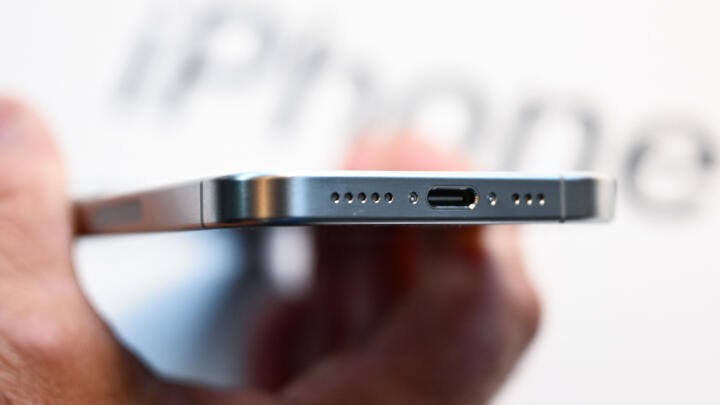
Starting December 28, 2023, all new electronic devices sold in the European Union must be equipped with USB-C charging ports, as a new EU law comes into effect. The regulation aims to reduce electronic waste and lower costs for consumers across the 27-nation bloc.
The mandate covers a wide range of electronic devices, including smartphones, tablets, digital cameras, headphones, speakers, and keyboards. Laptop manufacturers have until early 2026 to comply with the new requirements.
The move to standardize charging ports follows years of fragmented charging solutions in the market. While many manufacturers had voluntarily adopted common charging standards over the past decade, some major players, notably Apple, maintained proprietary charging ports like the Lightning connector.
The USB-C standard offers several technical advantages, supporting power delivery up to 100 Watts and data transfer speeds reaching 40 gigabits per second. It also enables connectivity to external displays, making it a versatile solution for various devices.
According to EU estimates, the unified charging standard will save consumers at least 200 million euros annually. The regulation also addresses environmental concerns, with projections showing a reduction of over thousand tonnes of electronic waste each year by eliminating the need for multiple chargers.
The new law allows consumers to purchase devices without including a new charger in the package, preventing the accumulation of unused charging accessories. This approach marks a shift in how electronic devices are sold and used across the European market.
Despite initial resistance from some manufacturers who argued such regulations could hamper innovation, major companies have already begun adapting their products to comply with the new standards, ensuring a smoother transition for consumers in the European market.